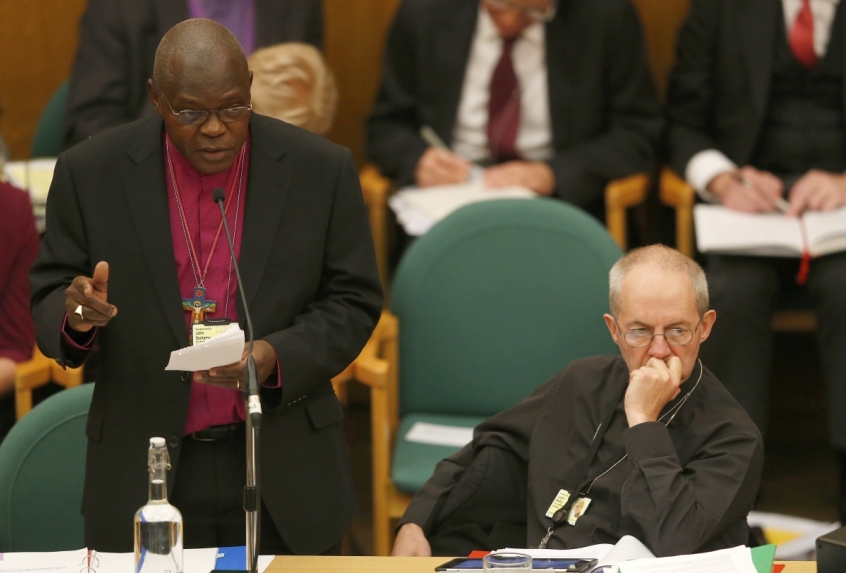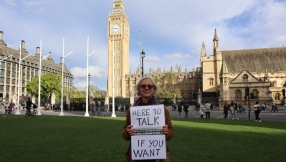The Archbishops of Canterbury and York are calling on parishes to recommit to a 2014 agreement that allowed for women bishops but also promised traditionalists who oppose female ordination 'mutual flourishing'.
In a response to 'fundamental' challenges posed by the resignation of the conservative Philip North, the Bishop of Burnley, from his promotion to Bishop of Sheffield, the Church's independent reviewer said 'not nearly enough' had been done to educate clergy and laity about the settlement.

Bishop North stepped back from his appointment citing the 'highly individualised nature of the attacks' against him after Professor Martyn Percy, Dean of Christ Church, Oxford, joined other academics at the time and wrote an article saying North 'could not and should not' be a senior bishop because of his opposition to female clergy.
The scandal reignited the Church's heated debate around women's ordination and prompted questions from traditionalists over whether they would ever be allowed to occupy senior positions again.
Sir Philip Mawer, the CofE's independent investigator, published his report in September and said the questions raised 'can't just be glossed over'.
Responding to Sir Philip's report today, the two archbishops said they would implement all of his recommendations, including the call for a review of how new bishops are appointed.
They also announced a new Implementation and Dialogue Group chaired by James Langstaff, Bishop of Rochester, and made up of those from all sides in the debate.
'When we wrote to Sir Philip to ask him to undertake this review, our first concern was whether the Church had done enough to inform and educate clergy and laity about the 2014 settlement and the effect of the House of Bishops' Declaration within it,' a statement from the two archbishops said. 'We regret that, as Sir Philip concluded, not nearly enough was done to create an understanding of what the Declaration and Settlement would mean in practice.'
The group will 'review what has been done; distil examples of good practice within dioceses; and provide resources to help dioceses, deaneries and parishes, and theological training institutions to engage in further consideration of the issues,' they added.
'We remain very grateful to Sir Philip Mawer for his detailed, thoughtful and authoritative review which the House of Bishops has read carefully and discussed at its meeting in December,' they said.
'We reaffirm our commitment to the vital principle of mutual flourishing as the Church and will endeavour to maintain the bonds of peace and affection and live God's reconciliation in Jesus Christ, even amid difference on questions on which Christians may "disagree Christianly".'









